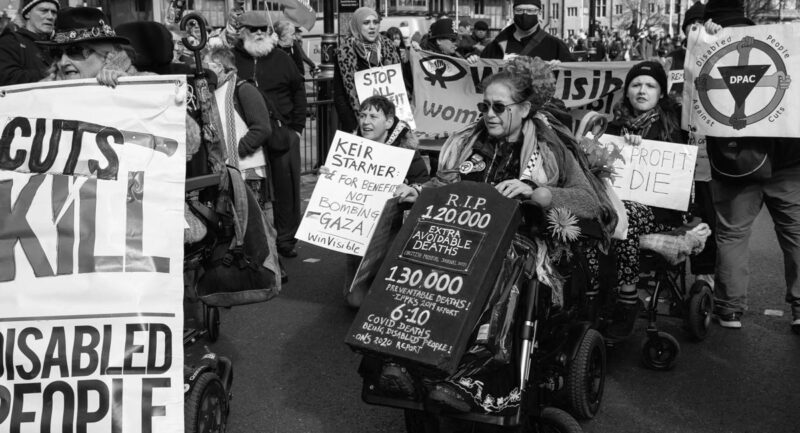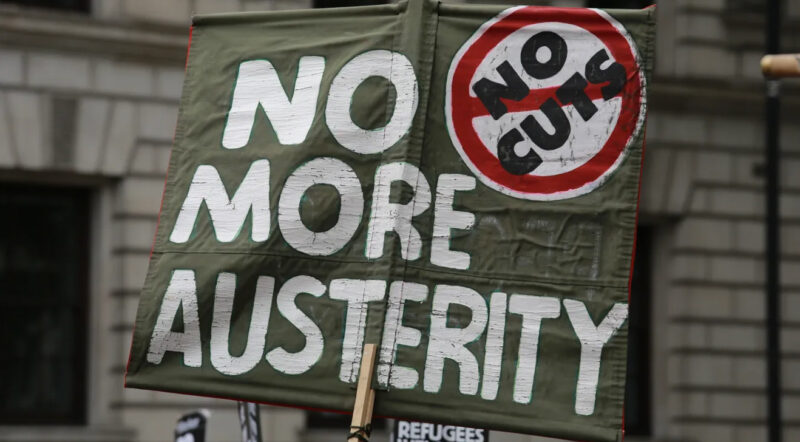Syria: the revolution needs arms!
By Marcus Halaby
The Stop the War Coalition (StWC), led by Counterfire, the Campaign for Nuclear Disarmament (CND) and the Communist Party of Britain (CPB) called a protest in central London for 15 June to “Stop Western Intervention in Syria”. Originally formed to oppose the “War on Terror” declared by the United States under President George W Bush, which led to the invasions and occupations of Iraq and Afghanistan, the StWC has noticeably not felt any need to oppose the imperialist intervention that has actually been taking place in Syria since the outbreak of the Syrian people’s uprising in March 2011 – by Russian and Chinese imperialism in support of the Assad regime.
This follows a Russian decision on 28 May to send sophisticated S300 anti-aircraft missiles to the Syrian government, something which deputy foreign minister Sergey Ryabkov defended as “a factor of stabilisation” necessary to “restrain some hotheads from escalating the conflict to the international scale” and “involving external forces”. This prompted Israel’s defence minister, Moshe Ya’alon, to issue a thinly veiled warning that Israel might obstruct the delivery if it posed a threat to Israel’s security. Russia’s decision followed the European Union’s failure to renew its arms embargo on Syria beyond 1 August, potentially allowing Britain and France to send arms to the Syrian rebels, against the objections of Sweden and Austria.
UK foreign secretary William Hague, however, made clear that his opposition to the renewal of the EU arms embargo was intended to pressure Russia to force its Syrian client regime to attend planned diplomatic talks. He explained “While we have no immediate plans to send arms to Syria, it gives us the flexibility to respond in the future if the situation continues to deteriorate.” In a statement on the issue, Hague added that he wanted to “send a clear signal to the Assad regime that it has to negotiate seriously, and that all options remain on the table if it refuses to do so”.
UK Prime Minister David Cameron has since promised to hold a vote in the House of Commons before any arms shipments to Syria, to placate the alarm of some 80 backbench Tory MPs as well as the opposition Labour party leader Ed Miliband and Cameron’s own Liberal Democrat coalition partners. Like the Israelis, they are concerned that Western-supplied weapons might end up “in the wrong hands”, that is, in the hands of anti-Western Islamists and others. Reiterating Hague’s argument, Cameron announced that he would meet Russian president Vladimir Putin before the planned G8 summit in Northern Ireland, and that his objective would be to reach agreement on “a peace conference, a peace process and a move towards a transitional government”.
Or, to put it another way, the British government’s main priority remains what it has been for the last two years: to prevent the complete collapse and disintegration of Assad’s totalitarian Ba’athist police state. Since it has few levers of its own, it has to rely on trying to pressurise Russian imperialism to preside over a negotiated transition to a new government. At the same time, it denounces Assad’s barbarity in order to embarrass Russia in the Arab world, and dangles the carrot of military assistance to the Syrian rebels in order to blackmail the less popular and less principled elements amongst the exiled Syrian opposition into betraying a revolution that has already cost more than 90,000 Syrians their lives.
This cynicism is matched only by that of US President Barack Obama’s administration. Some months ago, it declared that the use of chemical weapons would be a “red line” that the Assad regime should not cross, while that same regime was butchering its own citizens by the somewhat more old-school methods of aerial bombing, artillery bombardment and the stabbing, strangling and shooting of civilians by sectarian militias. Having since discovered that some 150 people, less than a day’s work for the Assad regime, might have been killed by the regime’s alleged use of sarin gas, Obama announced on 13 June that this violated norms “that have existed within the international community for decades”. He then promised that the US would “increase the scope and scale of assistance that we provide” to the Syrian opposition, including the “Supreme Military Council” of Free Syrian Army Brigadier General Salim Idris. Even then, this was hedged with the proviso that any action would be “consistent with our national interest” and would advance objectives that include negotiations to establish “an authority that can provide basic stability and administer state institutions”.
While the imperialist powers manoeuvre over the details of a negotiated transition, Syria burns. Qusayr, a town of 40,000 people between the Lebanese border and Homs, Syria’s third-largest city, was virtually destroyed and its population driven out by a regime offensive supported by the Lebanese Shi’a militia Hezbollah, as well as by Shi’a sectarian militias from Iraq. It had been a rebel stronghold ever since the fall of Homs to regime forces in February 2012, which also led to that city’s destruction and depopulation. The Syrian people desperately need arms to defend themselves and to prevent the slide into a regional sectarian war that the Assad regime, with Russia’s backing, has threatened to unleash to maintain its grip on power. For Britain’s anti-war movement to use this tragedy as an opportunity to revive a moribund organisation that has long outlived its role is nothing less than shameful.
By Marcus Halaby







